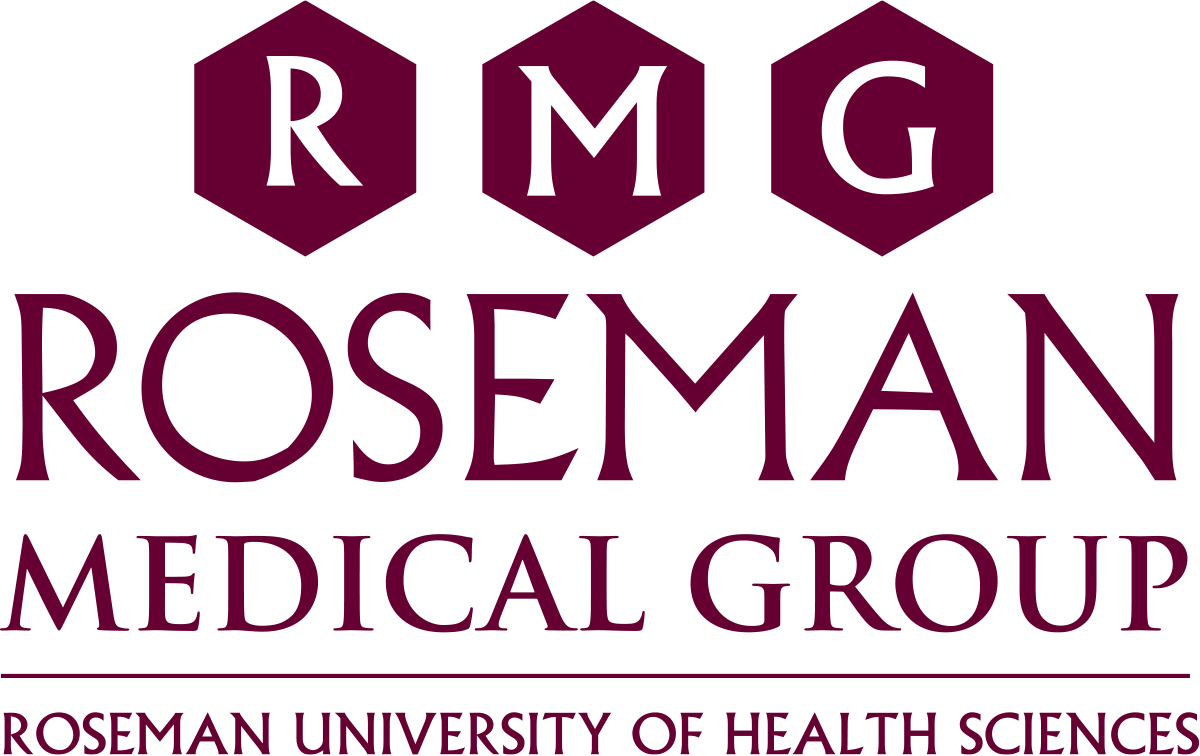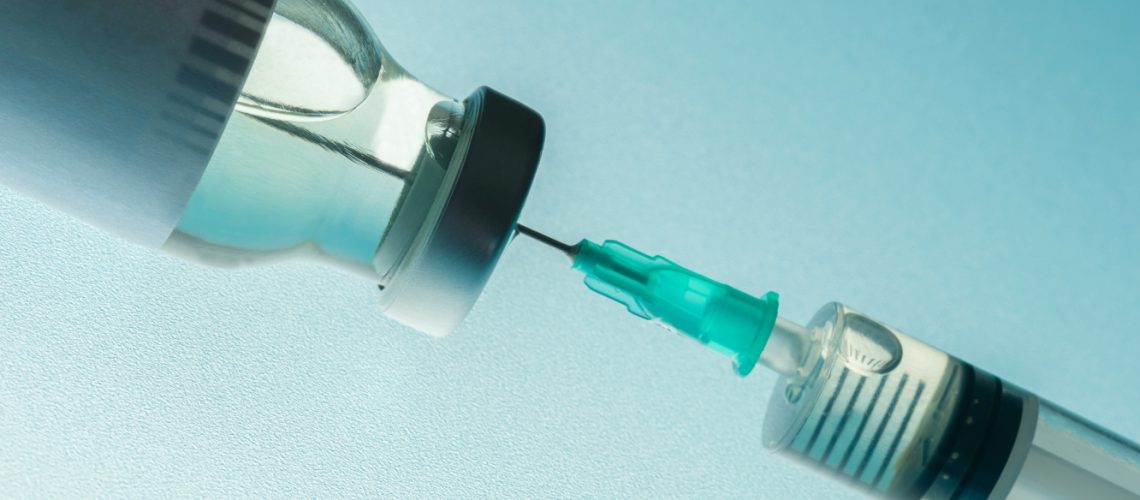While many of us many remember getting chickenpox as children, about one in three adults develop Shingles from the very same virus, varicella-zoster. The virus, while remaining inactive in our bodies, becomes active again causing Shingles.
The risk of getting Shingles increases with age, with about half of all cases among those aged 60 or over. Those with compromised immune systems are also at greater risk. Shingles cause a painful rash, blisters, tingling, or numbness of the skin, chills, fever, headache, or upset stomach. It can last up to 5 weeks. Early intervention can help, with antiviral treatments that shorten the duration of sickness as well as severity. Shingles are contagious with direct contact with the skin or in exchange of the fluid of the blisters of someone infected.
The best form of protection is receiving the Shingles vaccine, brand name Shingrix, which is effective at 90%. Adults over age 50 should receive the vaccine, which is given in two doses. It is not recommended to get the vaccine if you currently have Shingles, are sick or have a fever, or have ever had an allergic reaction to a Shingles vaccine. Talk to your RMG provider about getting a vaccine or if you think you have been exposed.


